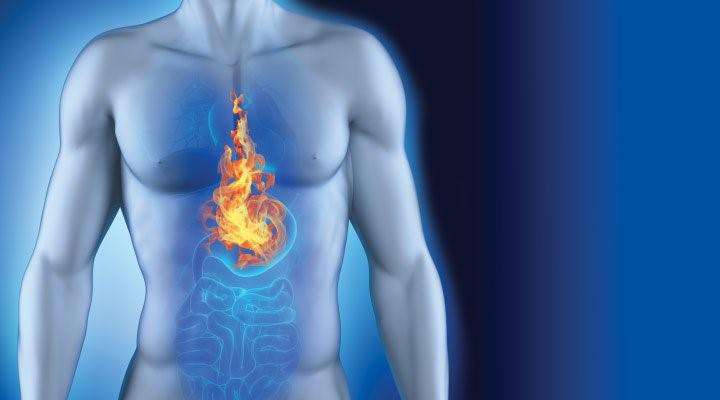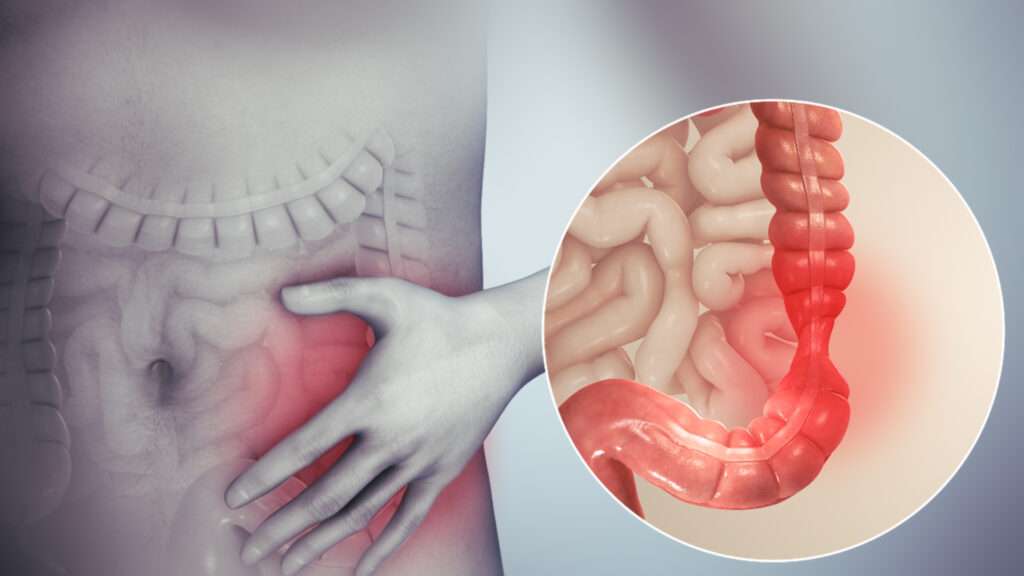
Smoking has been shown to have negative effects on testosterone levels in men. Testosterone is the primary male sex hormone, and it plays a crucial role in various aspects of male health, including muscle mass, bone density, mood, and libido. Here’s how smoking affects testosterone
Reduced Testosterone Production: Smoking can lead to a reduction in the production of testosterone in the body. This is because smoking is associated with increased levels of cortisol, a stress hormone. Elevated cortisol levels can suppress the production of testosterone in the testes. Over time, this can lead to lower testosterone levels in the bloodstream.
Decreased Sperm Quality: Smoking has been linked to decreased sperm quality and fertility issues. Lower testosterone levels can contribute to these problems, as testosterone plays a critical role in sperm production. Additionally, the toxins in cigarette smoke can directly harm sperm DNA, further impairing fertility.
Erectile Dysfunction: Smoking is a known risk factor for erectile dysfunction (ED). Reduced testosterone levels can contribute to ED, as testosterone is involved in maintaining healthy sexual function, including the ability to achieve and maintain an erection.
Decreased Muscle Mass and Bone Density: Testosterone is essential for building and maintaining muscle mass and bone density. Smoking-related reductions in testosterone levels can contribute to muscle loss and decreased bone density, which can increase the risk of osteoporosis and fractures.
Negative Impact on Mood and Well-Being: Low testosterone levels can have a negative impact on mood, energy levels, and overall well-being. Men with lower testosterone may experience symptoms such as fatigue, depression, and reduced motivation, which can affect their quality of life.
It’s important to note that the negative effects of smoking on testosterone levels are just one of many health risks associated with tobacco use. Smoking is a major contributor to various other serious health conditions, as discussed in the previous responses.
Quitting smoking is a crucial step toward improving overall health and well-being, including maintaining healthy testosterone levels. If you’re concerned about the impact of smoking on your testosterone or have questions about quitting smoking, it’s advisable to consult with a healthcare professional who can provide guidance and support tailored to your specific needs.




